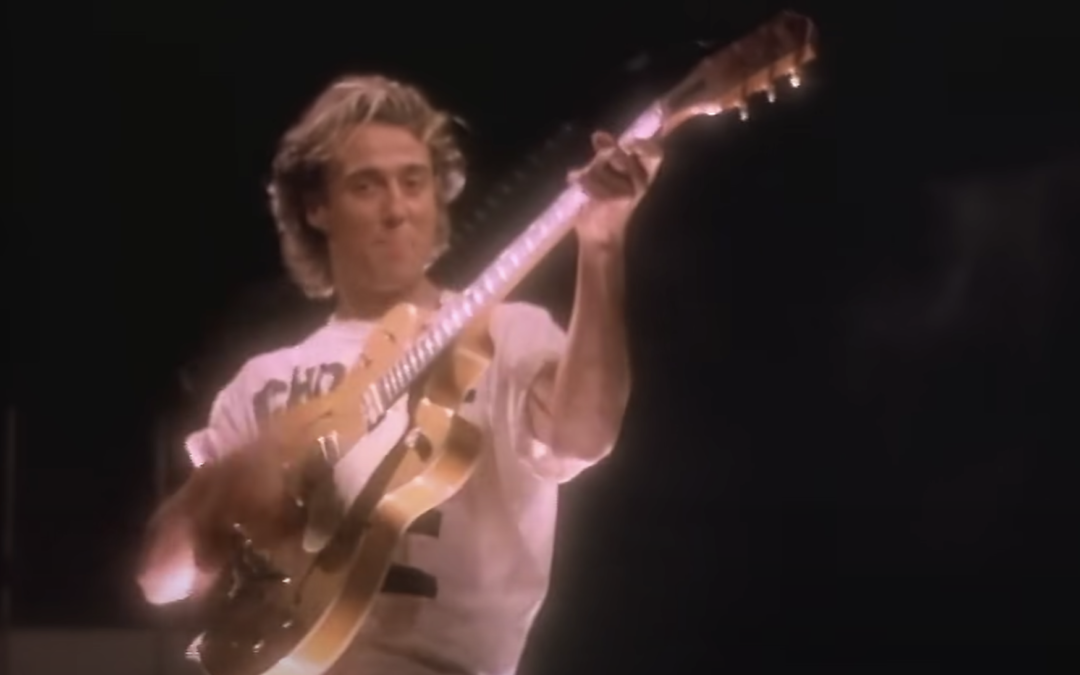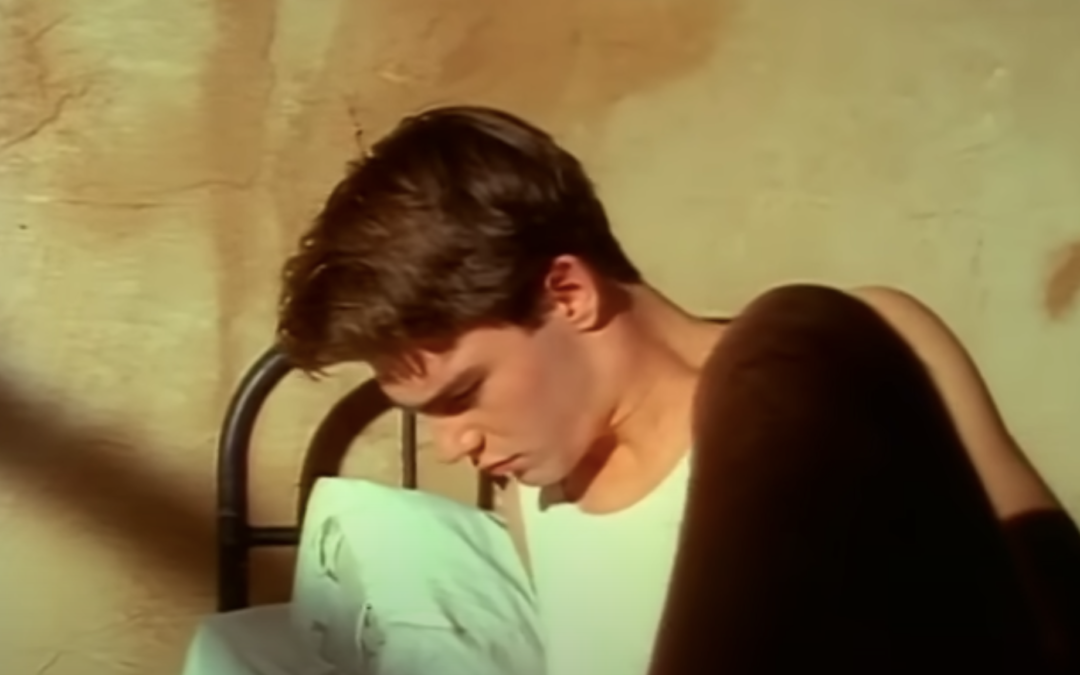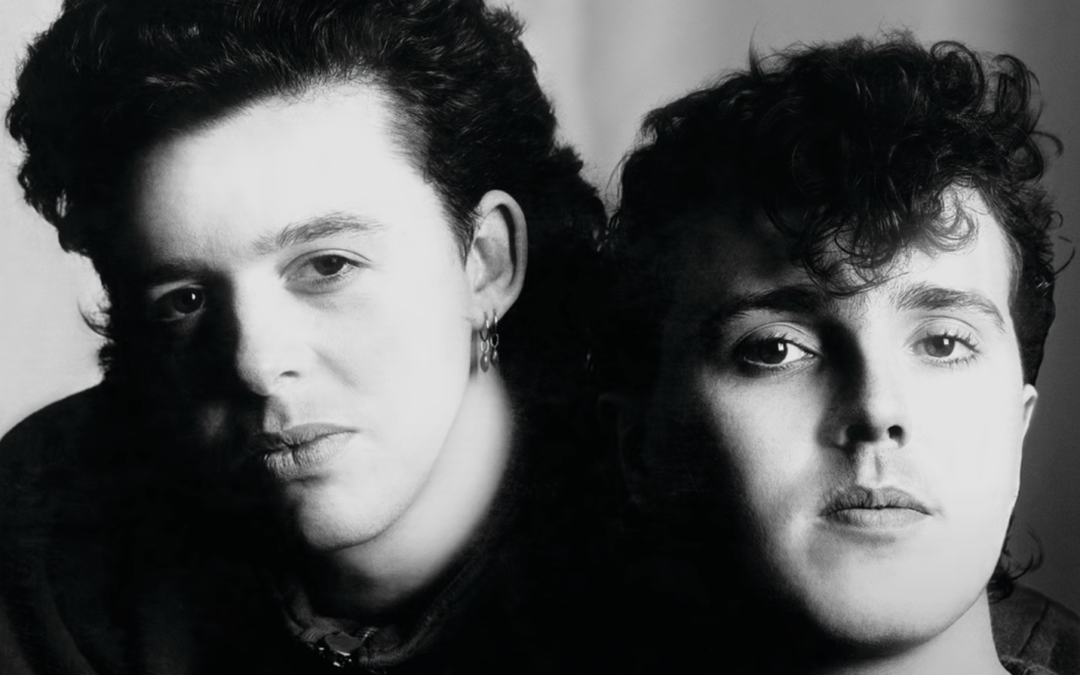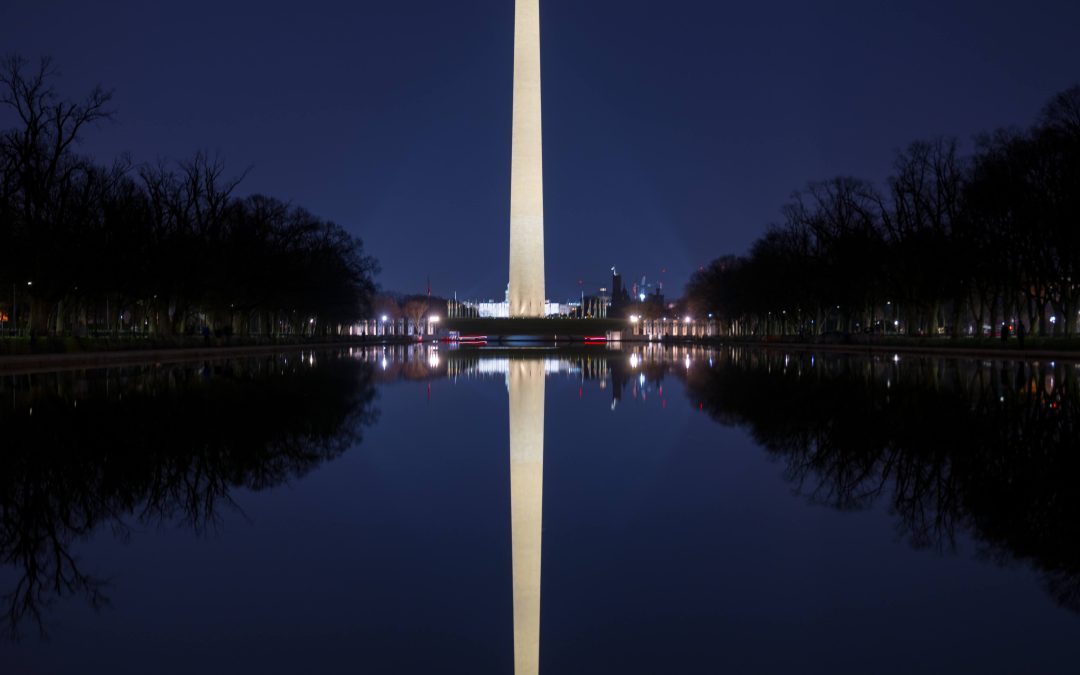Blink-182 started as a power trio of teenagers scribbling punk melodies in the San Diego sun. Their early days saw Scott Raynor laying down the beats, Mark Hoppus on bass, and Tom DeLonge bringing in the guitar riffs. These formative years were essential, but it wasn’t until Raynor’s departure and Travis Barker’s arrival in 1998 that the band truly hit its stride. With Barker, the drums became more than rhythm; they became a hallmark.
The release of “Enema of the State” in 1999 was a cultural watershed. Blink-182, with their catchy hooks and irreverent humor, became the poster children for a new era of punk rock. Selling over 15 million records, they captured the essence of teenage angst and joy in a bottle that fizzed over in music videos across MTV.
Their sense of humor was as integral to their identity as their power chords. However, their music also touched on deeper issues, with tracks like “Adam’s Song” serving as anthems to darkness and recovery — a juxtaposition that only highlighted their versatility and depth.
Following up with “Take Off Your Pants and Jacket” in 2001 and a self-titled album in 2003, the band showcased a progression in their sound. The music was growing up alongside their fans, becoming more mature, reflective, yet never losing its inherent Blink-182-ness.
Tensions within the band, however, led to a hiatus in 2005. DeLonge ventured into the realms of alternative rock with Angels and Airwaves, while Hoppus and Barker explored new sounds with +44. The band’s future seemed uncertain until fate intervened in a tragic and transformative way.
The near-fatal plane crash that Barker survived in 2008 brought the band back together. The incident, which claimed the lives of four and critically injured DJ AM, was a catalyst for reconciliation. Music was once again the salve, and the band released “Neighborhoods” in 2011.
DeLonge parted ways again in 2015, this time to probe the skies for UFOs, a departure as unconventional as the band itself. Alkaline Trio’s Matt Skiba stepped in, and with him, Blink-182 released “California” in 2016 and “Nine” in 2019 — both albums contributing to the band’s enduring legacy and demonstrating their ability to evolve.
In a twist that tugged at the heartstrings of fans, Hoppus shared his cancer diagnosis in 2021. The battle was hard-fought, but by the end of the year, Hoppus emerged victorious, declaring he was cancer-free and opening up about his optimism for the band’s future.
Hoppus’s health scare, like Barker’s accident, seems to have brought the trio together in a powerful way. There’s talk of new music, and Hoppus’s optimism mirrors the band’s ethos — resilient, hopeful, ever-ready for the next chapter. This resilience in the face of personal and collective trials is a testament to their bond and their music.
Blink-182 is more than just a band; they are a phenomenon that managed to grow from pop-punk teenagers to rock icons. They’ve weathered storms of all kinds — personal, creative, life-threatening — and continue to stand strong. While their lineup and sound may have evolved, their spirit remains a beacon for those who’ve grown up with them and those who are just discovering the joyous rebellion of their music.
Today, Blink-182 stands as a testament to the power of reinvention and the enduring appeal of a few chords played fast and with heart. For fans old and new, they remain the jesters in the court of punk rock, unafraid to laugh, to cry, and to play as if every chord could be the last. Whether reflecting on where they’ve been or looking forward to the future, one thing is certain: Blink-182’s journey is far from over.






